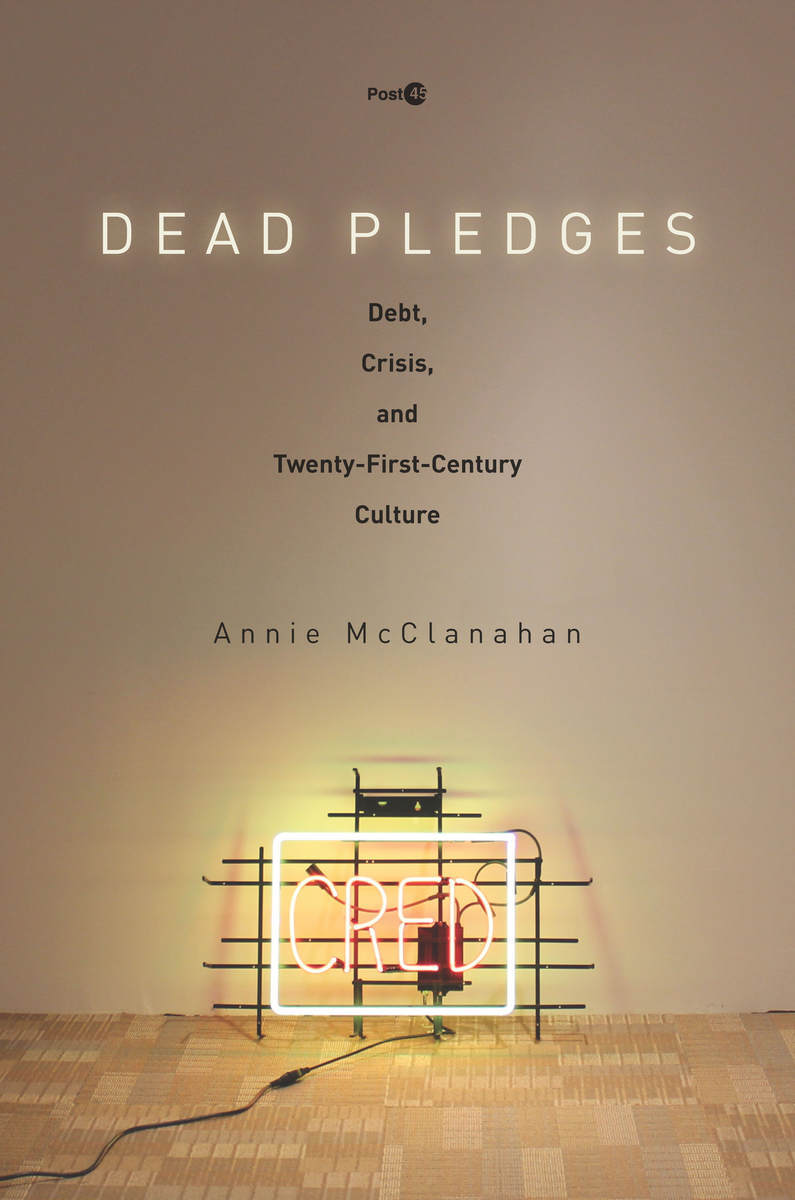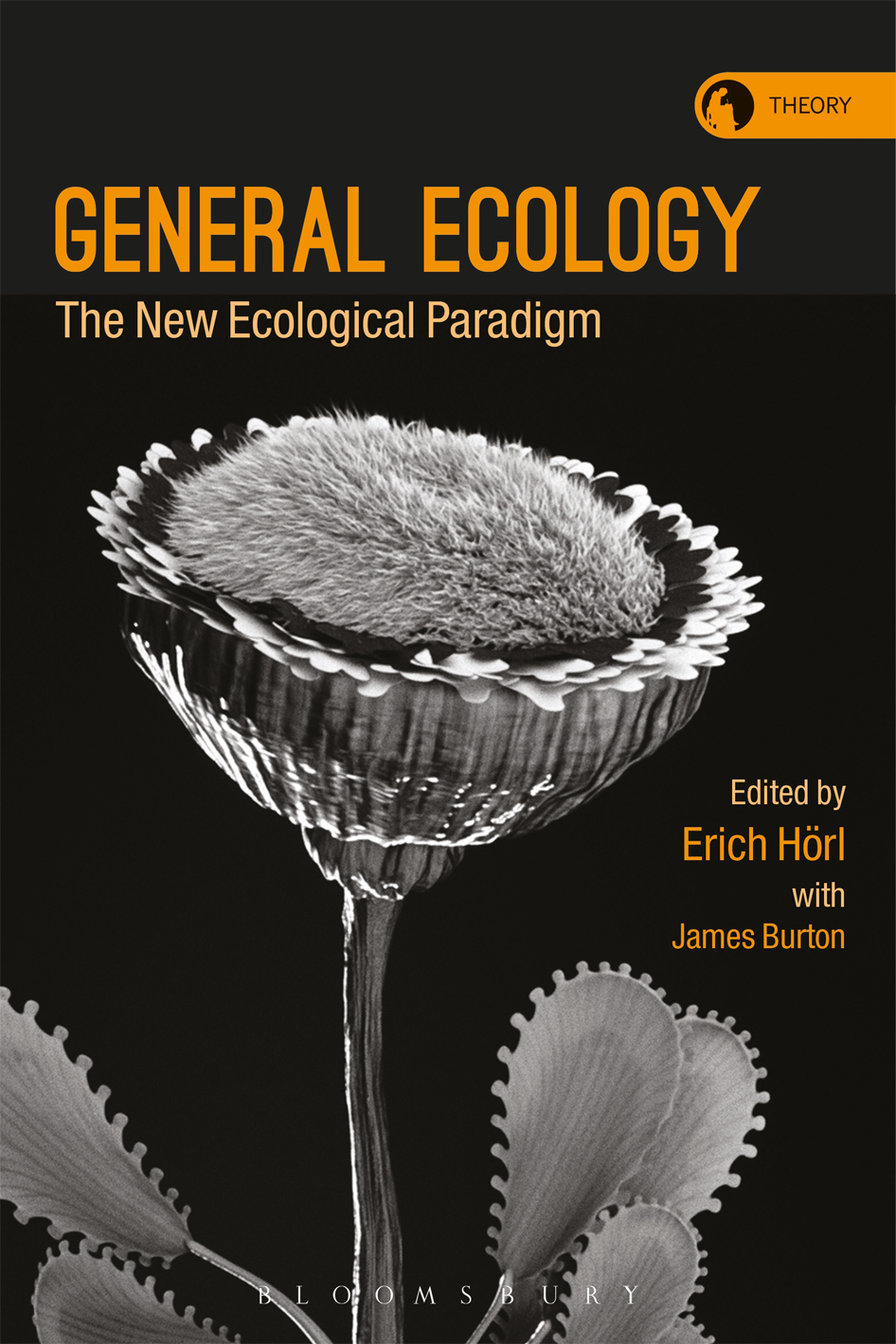Annie McClanahan: Dead Pledges: Debt, Crisis, and Twenty-First-Century Culture (2016)
Filed under book | Tags: · affect, art criticism, capitalism, debt, economics, finance, financial crisis, horror, literary criticism, mediation, mortgage, photography, property

“Dead Pledges is the first book to explore the ways that U.S. culture—from novels and poems to photojournalism and horror movies—has responded to the collapse of the financialized consumer credit economy in 2008. Connecting debt theory to questions of cultural form, this book argues that artists, filmmakers, and writers have re-imagined what it means to owe and to own in a period when debt is what makes our economic lives possible. Encompassing both popular entertainment and avant-garde art, the post-crisis productions examined here help to map the landscape of contemporary debt: from foreclosure to credit scoring, student debt to securitized risk, microeconomic theory to anti-eviction activism. A searing critique of the ideology of debt, Dead Pledges dismantles the discourse of moral obligation so often invoked to make us repay. Debt is no longer a source of economic credibility, it contends, but a system of dispossession that threatens the basic fabric of social life.”
Publisher Stanford University Press, 2016
Post ’45 series
ISBN 9780804799058, 0804799059
ix+235 pages
Reviews: Brian Whitener (The New Inquiry, 2017), Sofia Cutler (LA Review of Books, 2017), Julian Murphet (Affirmations, 2017), Davis Smith-Brecheisen (Mediations, 2017), Arne De Boever (boundary2, 2017), Laura Finch (Journal of Cultural Economy, 2018).
Comment (0)Katrin Pahl: Tropes of Transport: Hegel and Emotion (2012)
Filed under book | Tags: · affect, emotion, feeling, love, phenomenology, philosophy

“Intervening in the multidisciplinary debate on emotion, Tropes of Transport offers a fresh analysis of Hegel’s work that becomes an important resource for Pahl’s cutting-edge theory of emotionality. If it is usually assumed that the sincerity of emotions and the force of affects depend on their immediacy, Pahl explores to what extent mediation—and therefore a certain degree of manipulation but also of sympathy—is constitutive of emotionality. Hegel serves as a particularly helpful interlocutor not only because he offers a sophisticated analysis of mediation, but also because, rather than locating emotion in the heart, he introduces impersonal tropes of transport, such as trembling, release, and shattering. ”
Publisher Northwestern University Press, 2012
Creative Commons BY-NC-ND 4.0
ISBN 0810127857, 9780810127852
ix+282 pages
Reviews: Emilia Angelova (Parrhesia, 2014), David H. Kim (Parrhesia, 2014), John McCumber (Parrhesia, 2014), Jason J. Howard (Parrhesia, 2014), Katrin Pahl (response to the 4 reviews, Parrhesia, 2014).
Interview with author (Rorotoko, 2012)
Comment (0)Erich Hörl, James Burton (eds.): General Ecology: The New Ecological Paradigm (2017)
Filed under book | Tags: · affect, anthropocene, biopolitics, capitalism, cybernetics, ecology, general ecology, life, nature, philosophy, systems theory, theory

“Ecology has become one of the most urgent and lively fields in both the humanities and sciences. In a dramatic widening of scope beyond its original concern with the coexistence of living organisms within a natural environment, it is now recognized that there are ecologies of mind, information, sensation, perception, power, participation, media, behavior, belonging, values, the social, the political… a thousand ecologies. This proliferation is not simply a metaphorical extension of the figurative potential of natural ecology: rather, it reflects the thoroughgoing imbrication of natural and technological elements in the constitution of the contemporary environments we inhabit, the rise of a cybernetic natural state, with its corresponding mode of power. Hence this ecology of ecologies initiates and demands that we go beyond the specificity of any particular ecology: a general thinking of ecology which may also constitute an ecological transformation of thought itself is required.
In this ambitious and radical new volume of writings, some of the most exciting contemporary thinkers in the field take on the task of revealing and theorizing the extent of the ecologization of existence as the effect of our contemporary sociotechnological condition: together, they bring out the complexity and urgency of the challenge of ecological thought-one we cannot avoid if we want to ask and indeed have a chance of affecting what forms of life, agency, modes of existence, human or otherwise, will participate-and how-in this planet’s future.”
With texts by Erich Hörl, Luciana Parisi, Frédéric Neyrat, Bernard Stiegler, Didier Debaise, Jussi Parikka, Bruce Clarke, Cary Wolfe, David Wills, James Burton, Elena Esposito, Timothy Morton, Matthew Fuller and Olga Goriunova, and Brian Massumi.
Publisher Bloomsbury Academic, London/New York, 2017
ISBN 9781350014695, 1350014699
xv+384 pages

